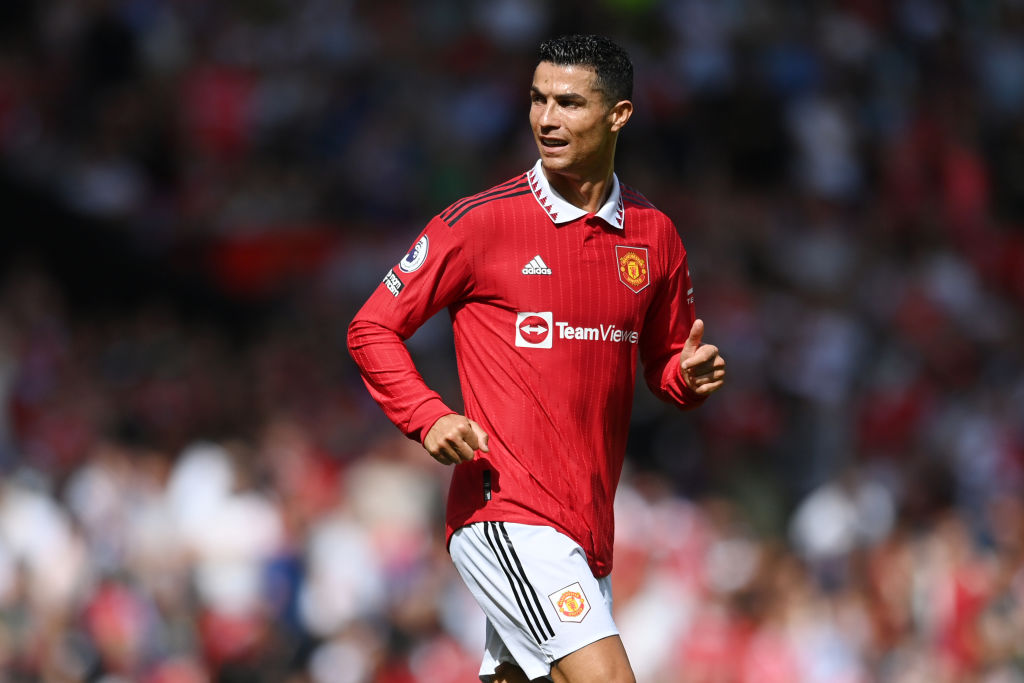Manchester United takeover could cost $8bn (£6.7bn) but minority sale more likely

Manchester United’s owners, the Glazer family, are more likely to sanction the sale of a minority stake but such a deal could pave the way for a full buyout costing as much as $8bn (£6.7m).
That is the view of sports business experts following a surge in speculation that the Glazers could be persuaded to loosen their grip on one of the world’s most famous football clubs, who have lost their first two games of the new season.
British billionaire Sir Jim Ratcliffe has confirmed his interest in acquiring United, while world’s richest man Elon Musk caused a stir by joking about a takeover at Old Trafford.
Selling a minority stake would appease fans angry at United’s deterioration in a way that continues to benefit the Glazers, said Dr Rob Wilson of Sheffield Hallam University.
“A minority stake doesn’t get the fans what they want but does point to a potential change of strategy,” he told City A.M. “I think that any minority stake would be followed by a full acquisition in time and will certainly increase the share price, and subsequent value of the business.”
The Florida-based Glazers, who bought United for £800m in a controversial leveraged buyout in 2005, have taken more than £1bn out of the club in debt repayments, interest and dividends.
“It’s effectively a cash cow for the Glazer family,” Tom Bason, assistant professor of sport management at Coventry University, told City A.M.
“It’s a club that makes an operating profit year on year and has good revenues, so I think selling a minority stake now would make sense. When you are able to take tens of millions a year out of the club, why would you want to do anything to stop that?”
Publicly traded United has a market capitalisation of $2.3bn (£1.9bn) but would be expected to fetch considerably more in light of recent deals and its rare cachet.
Chelsea’s sale earlier this summer fetched $3bn (£2.5bn), despite the club being heavily loss-making and lagging behind United for historic on-field and commercial success.
“Manchester United has the history and commercial value which makes it one of the rarest and therefore most valuable sporting properties on the planet,” said Wilson.
Once £500m of debt and potential commitments to invest in stadium improvements were factored, any deal could cost “conservatively $5bn (£4.2bn)”, a record for a football club.
“If the Glazers have decided to sell and want to get out, a quick sale would be in this region,” Wilson added. “If they want to create an auction like we saw at Chelsea then don’t be surprised if we see $7bn-$8bn (£5.8bn-£6.7bn).”
Apollo Global Management is reported to have held talks with the Glazers over a minority holding, and other US parties and private equity firms are thought the most likely suitors.
“Both markets see massive value in Premier League properties,” said Wilson. Adds Bason: “The US market sees European football as something that isn’t necessarily capitalising on the global interest that football has.”
Ratcliffe, owner of chemicals giant Ineos and French club Nice, is “an outside bet” says Wilson, and even then more likely as part of a consortium, while a state wealth fund similar to Saudi Arabia’s PIF, which bought Newcastle last year, is an even longer shot.
The Manchester United Supporters Trust said any new owner or investor should “be committed to the culture, ethos and best traditions of the club” as well as “willing to invest to restore United to former glories” and ready to accommodate partial fan ownership.
